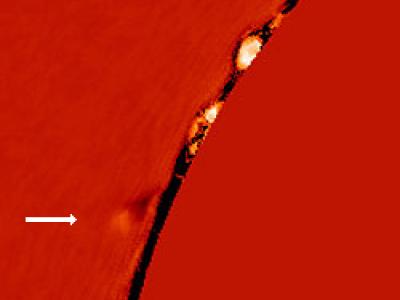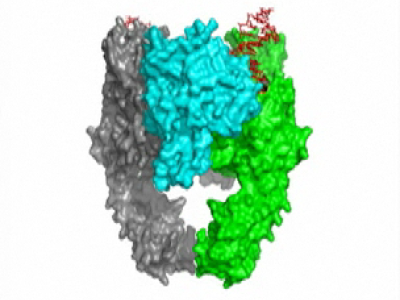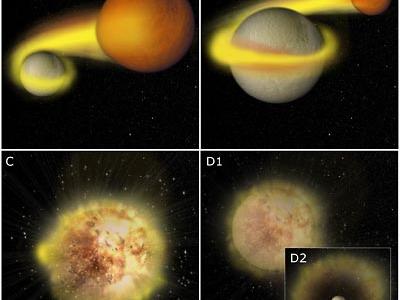New bacterial signaling molecule could lead to improved vaccines
In a 20-year quest to determine why Listeria bacteria produce a uniquely strong immune response in humans, UC Berkeley scientists have found part of the answer: an unsuspected signaling molecule that the bacteria pump out and which ramps up production of interferon by the host. Interferon mobilizes the immune system to fight off bacteria and viruses.






